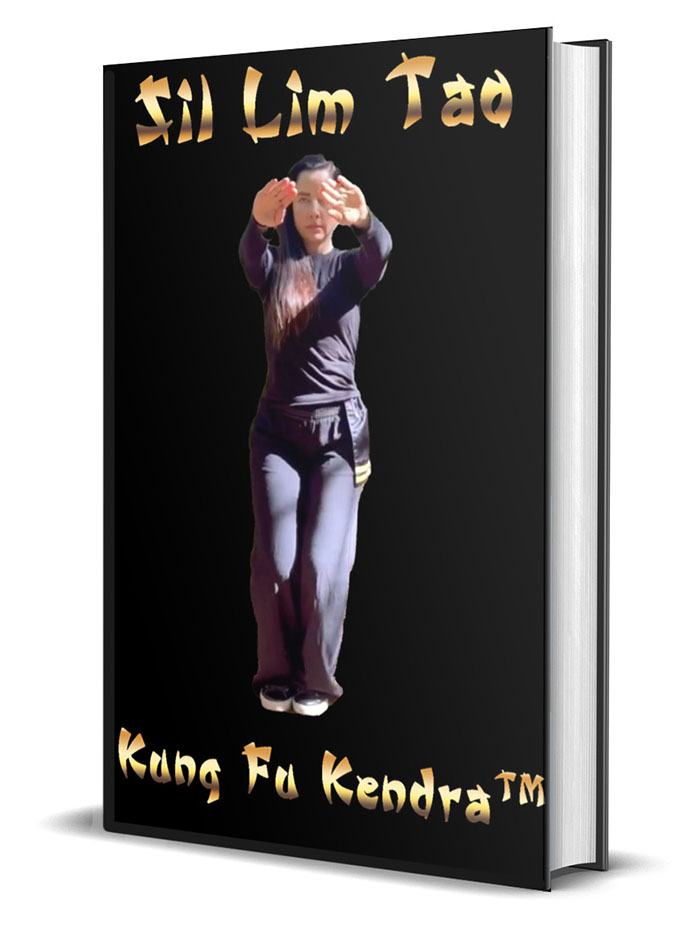Wing Chun Warriors: Why Donnie Yen’s Ip Man Changed Cinema Forever
The release of *Ip Man* in 2008 marked a significant turning point in martial arts cinema, largely due to Donnie Yen’s compelling portrayal of the legendary Wing Chun grandmaster. Directed by Wilson Yip, the film not only reintroduced Ip Man’s remarkable story to a global audience but also reignited widespread interest in Wing Chun kung fu itself. Yen’s performance balanced technical precision with profound emotional depth, helping to humanize a martial arts icon and turning *Ip Man* into a cultural phenomenon that extended far beyond Hong Kong’s borders.
Donnie Yen’s skill as both actor and fight choreographer contributed directly to the film’s authenticity and excitement. The choreography, overseen by martial arts legend Sammo Hung, showcased Wing Chun’s distinctive close-range techniques and rapid hand strikes with clarity and visceral impact. Yen’s embodiment of Ip Man’s calm demeanor and strategic mastery brought a new level of respect to the art, portraying it not as flashy spectacle but as a disciplined, effective martial philosophy rooted in tradition and resilience.
Beyond just the art of combat, *Ip Man* connected deeply with audiences through its historical and cultural context. Set during the tumultuous Sino-Japanese War, the film touches on themes of patriotism, dignity under oppression, and personal honor. Yen’s Ip Man became a symbol of hope, courage, and perseverance—a hero who fights for more than victory in the ring but for community and values. This narrative depth, combined with top-tier action, was a final formula that made the films resonate emotionally and commercially, setting off a new golden age of kung fu cinema.
The success of *Ip Man* and its sequels elevated Donnie Yen to superstar status and reshaped the portrayal of martial arts legends on screen. Yen’s dedication to faithfully representing Wing Chun and his ability to blend martial prowess with storytelling inspired a legion of fans and practitioners worldwide. The franchise’s ongoing popularity—fueling further sequels and spin-offs—demonstrates how Donnie Yen’s Ip Man transcended mere biopic to become an enduring symbol of martial arts cinema’s artistry and spirit.
In summary, Donnie Yen’s portrayal of Ip Man fundamentally changed martial arts cinema by spotlighting Wing Chun’s rich heritage through a modern, emotionally compelling lens. The films brought renewed visibility to traditional martial arts while honoring their philosophical core, showing that combat can be as much about heart and character as technique. Yen’s Ip Man stands as a lasting testament to how a single performance, infused with respect and authenticity, can elevate an art form and inspire a generation of Wing Chun warriors across the globe.

